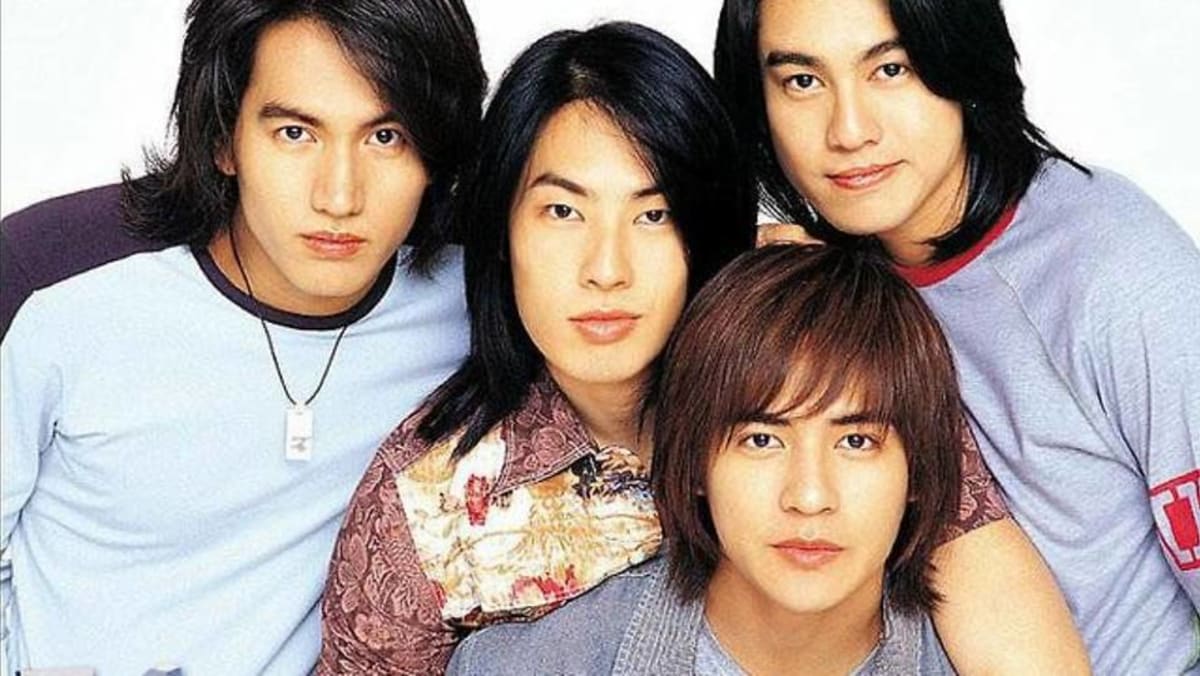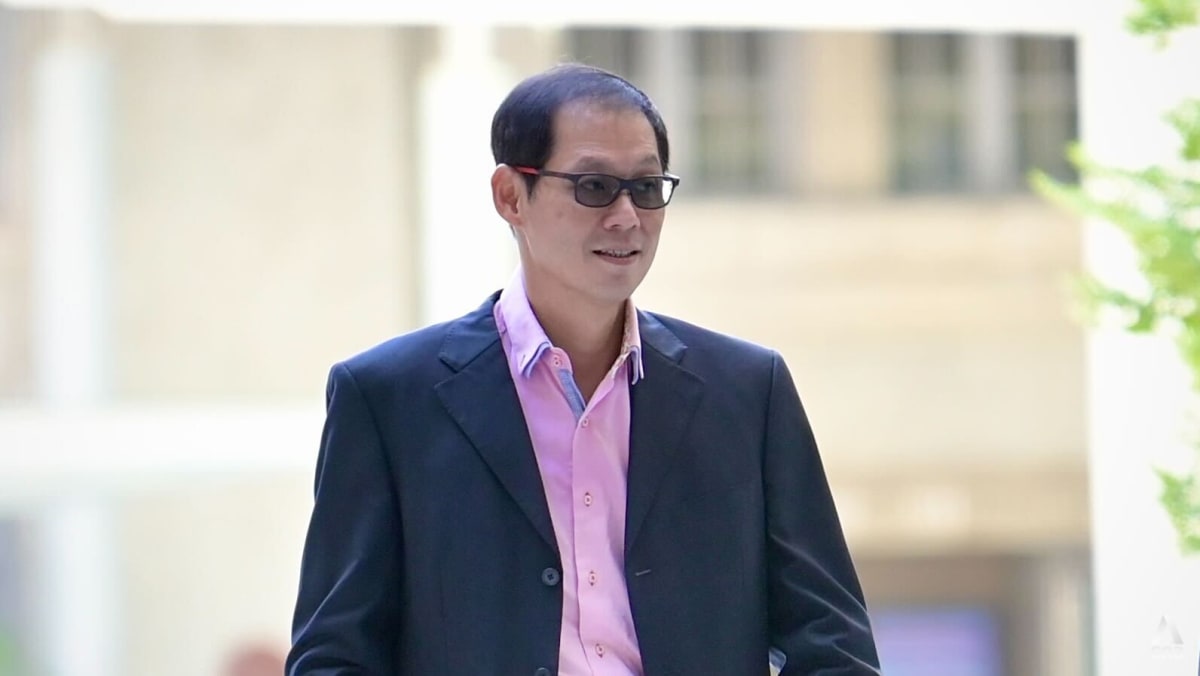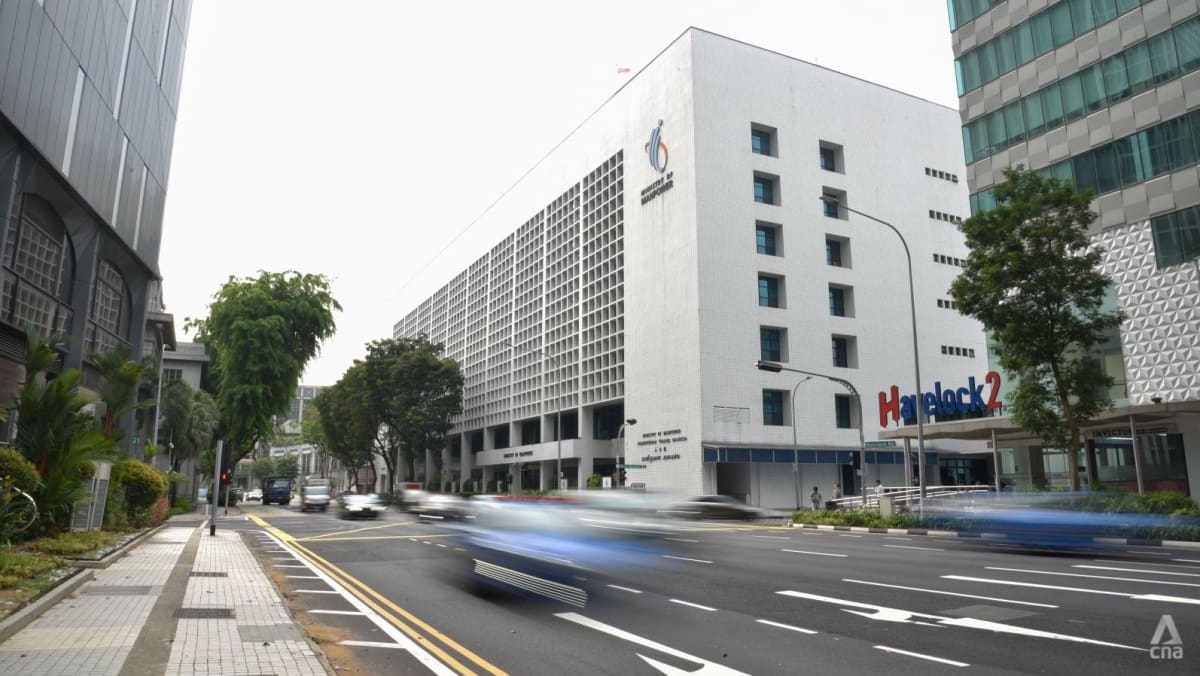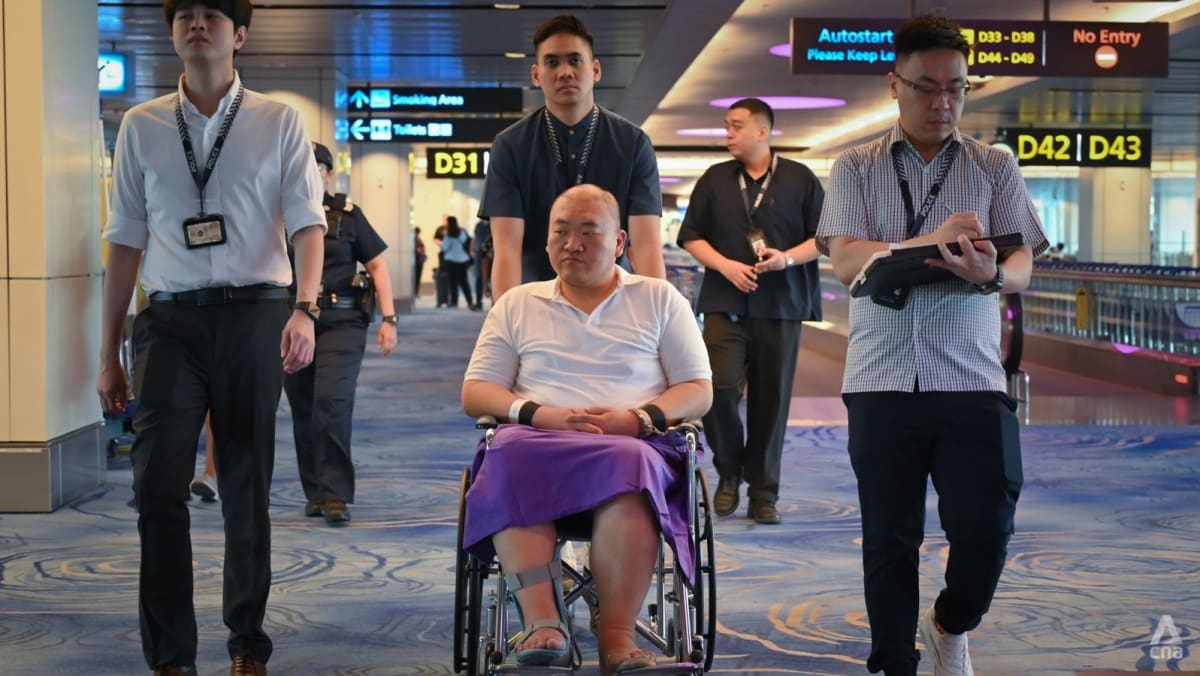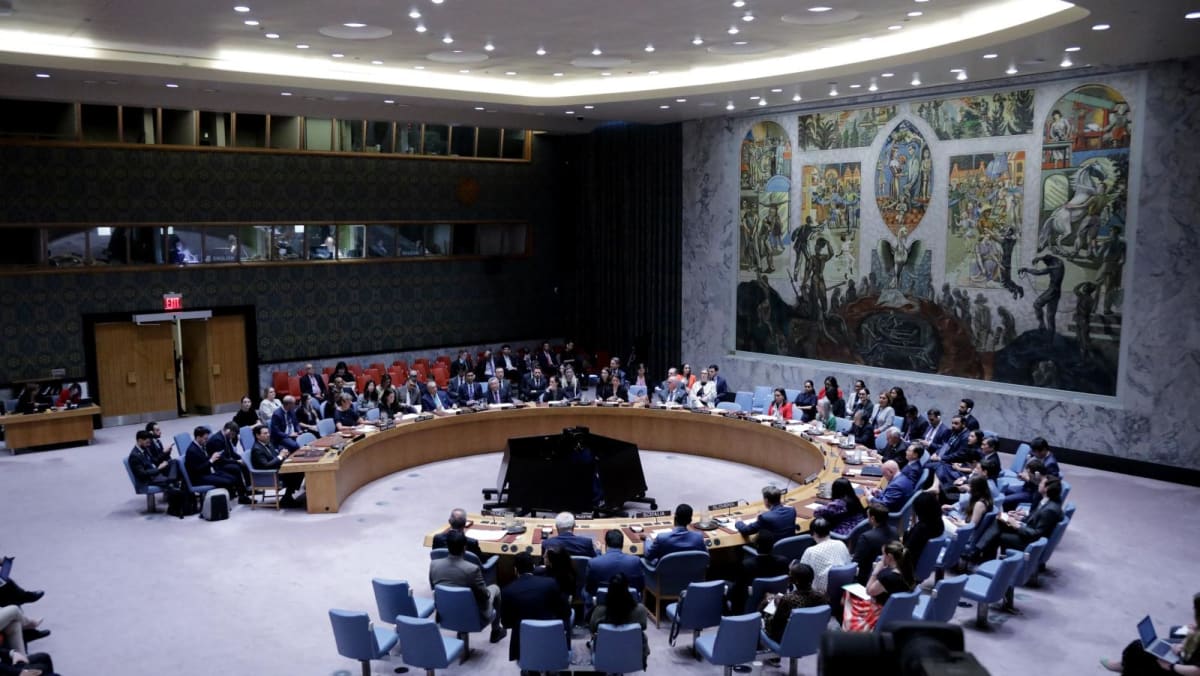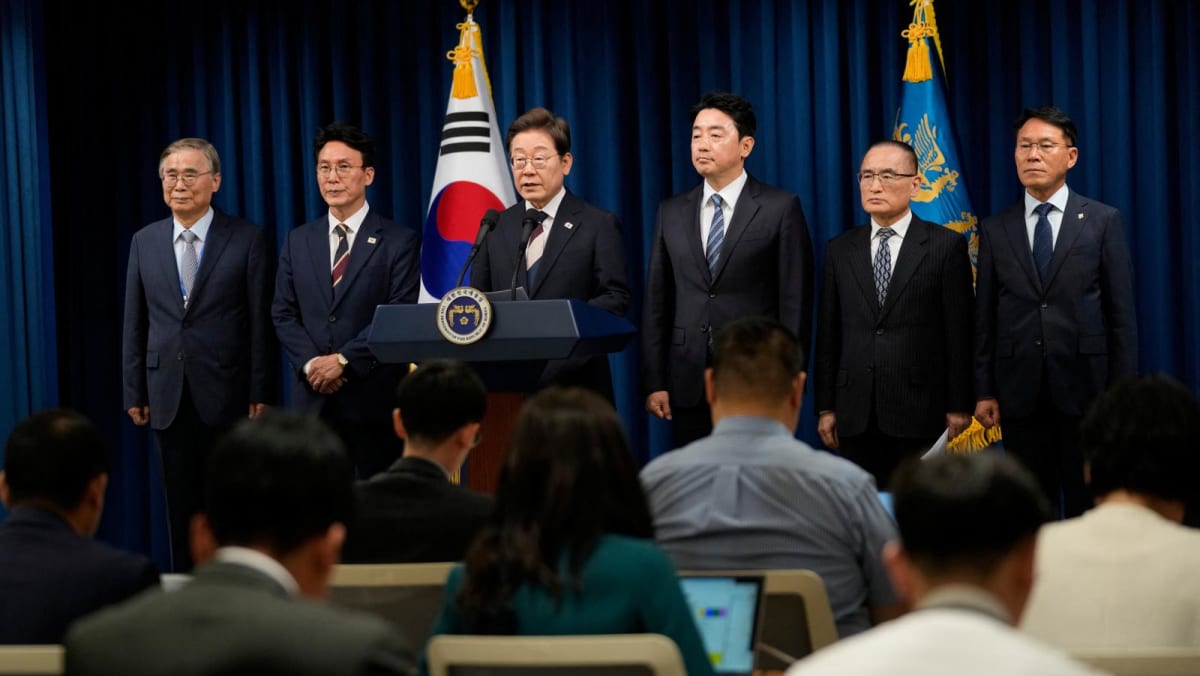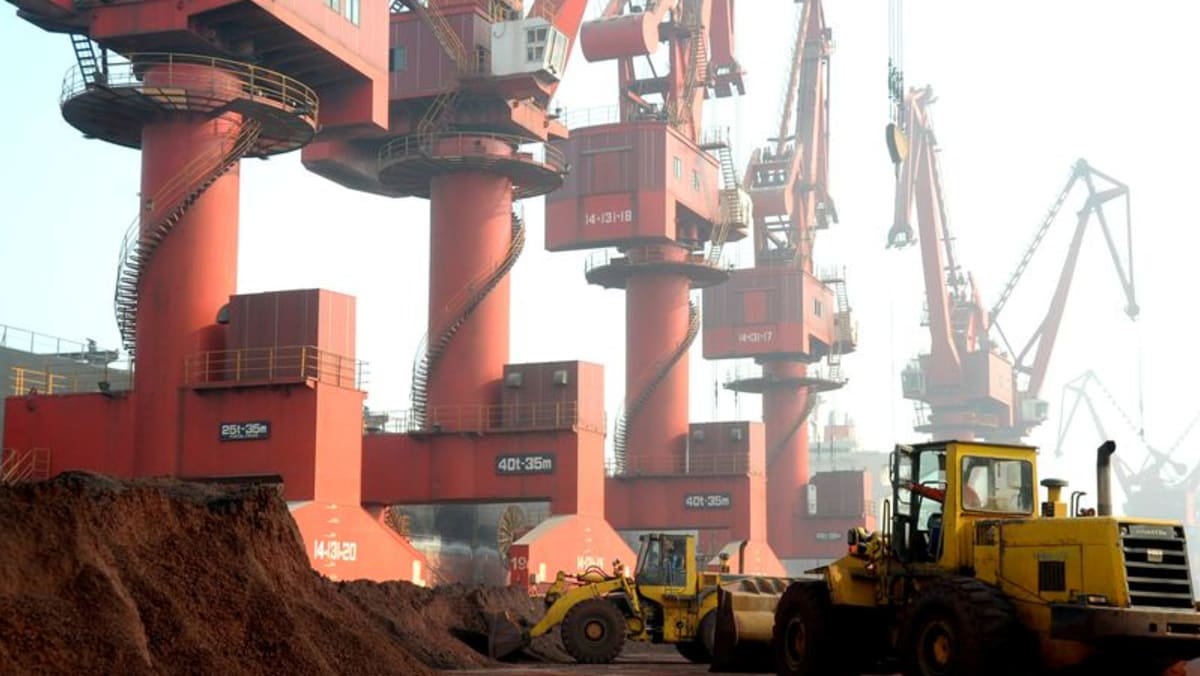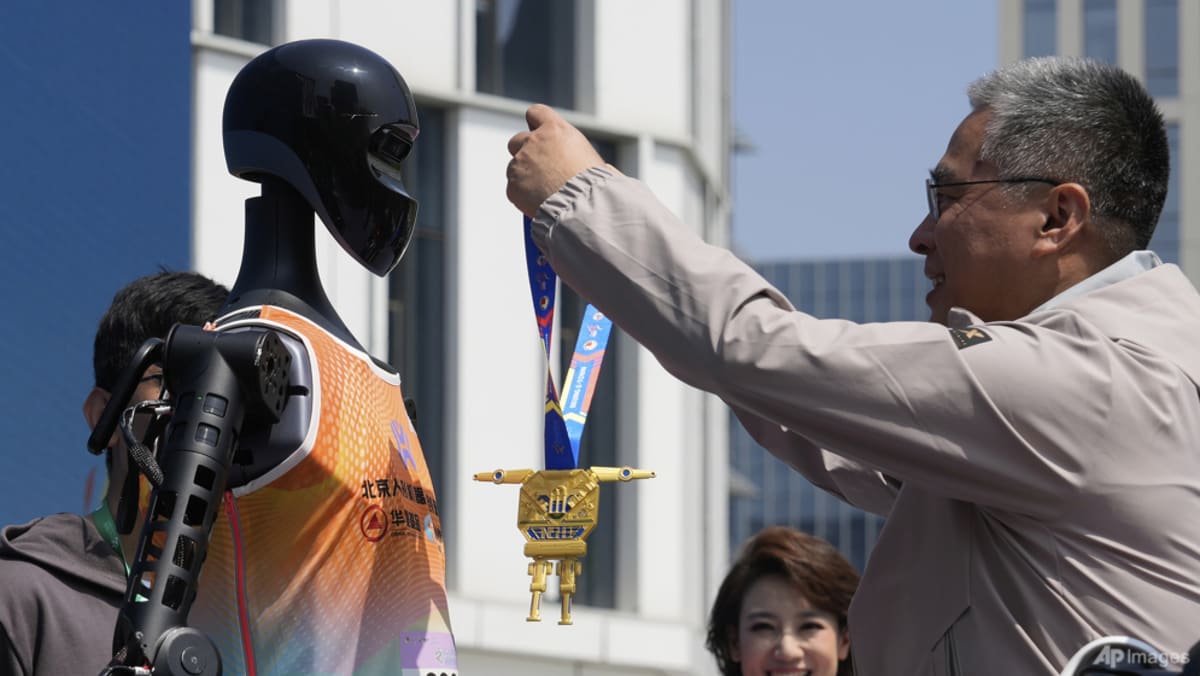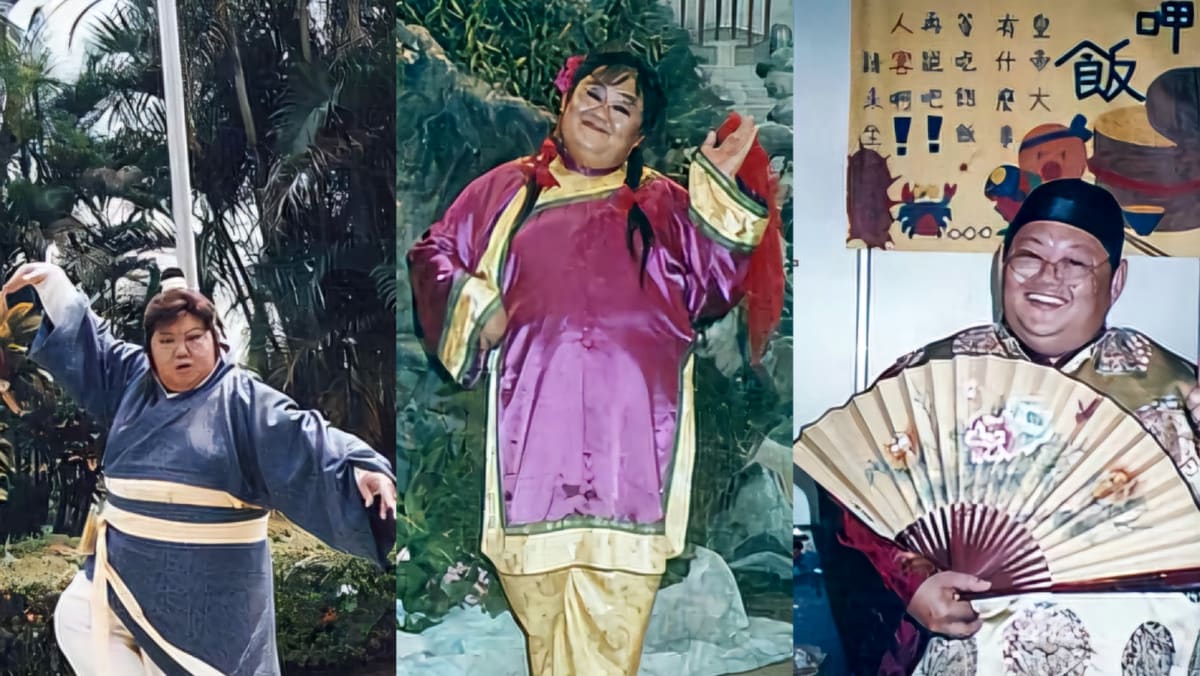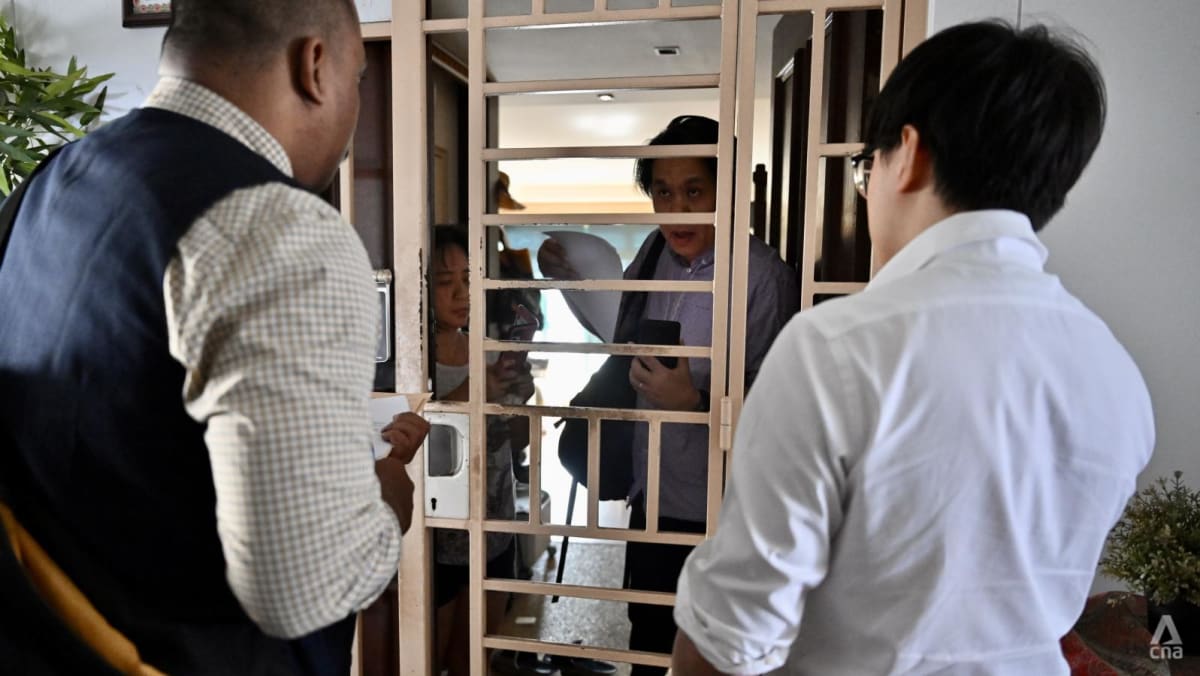HONG KONG: An American-style "Cultural Revolution" is in full swing. As US President Donald Trump and his billionaire ally Elon Musk wage a war against federal bureaucracy, many students of modern Chinese history, including this writer, cannot help but see parallels with China’s Cultural Revolution period from 1966 to 1976.
Nearly 59 years ago, Mao Zedong launched the upheaval for many reasons, one of which was his fear that China was becoming an elitist country with little regard for the interests and well-being of ordinary people.
He mobilised the Red Guards - mostly high school students and university undergraduates - to attack government bureaucracies around the country. As China descended into paralysis and anarchy, Mao famously said that "great chaos under heaven" would lead to "great order”.
In comparison, Musk’s Department of Government Efficiency has sent a team of engineers in their early 20s, including one 19-year-old, to seize control of federal agencies and their classified data in the name of “maximising government efficiency and productivity”. We all know that China’s Cultural Revolution ended badly for the country. How the American-style movement will end is still anyone’s guess.
For one thing, Mao’s Red Guards are no match for Musk’s young engineers, who are armed with AI and technological prowess to pinpoint and tackle waste and inefficiency in government spending. So far, media reports have indicated that they have done a very good job, having laid off or furloughed nearly ten thousand federal employees.
To the delight of Chinese officials and state media, the United States Agency for International Development (USAID), the government’s foreign aid organisation and a key promoter of American soft power with a budget of US$42 billion, has become the first major department to be on the chopping block. Chinese officials have accused USAID of funding media organisations and NGOs around the world to “smear” China.
CHINA’S OWN BLOATED BUREAUCRACY
But Chinese officials should not merely satisfy themselves as bystanders watching the fun. Instead, they should be inspired to take a deeper look at China’s own bloated and inefficient bureaucracy at all levels. Red tape has become one of the biggest stumbling blocks for China to take effective measures to energise its sluggish economy.
Over the past decade, as China’s leadership has called for tighter controls over all levels of Chinese society, China’s bureaucracy has become even more excessive, intrusive, complex, and obstructive. For instance, private entrepreneurs have long complained about unequal treatment in terms of market access and legal protection, as opposed to state-owned enterprises.
The solution? The leadership has set up a brand-new bureaucracy called the Bureau of Private Economy at the national and local levels, with the apparent aim of providing better support for the private sector. But many entrepreneurs remain sceptical because what they really want is an environment where they are treated equally, not a new layer of red tape.
Ironically, China’s leadership has openly acknowledged that red tape has impeded the implementation of government policies and snarled the country’s economic recovery. Over the past four years, a campaign to combat the so-called “formalism and bureaucratism” among the country’s millions of officials has been raging to great fanfare but without much success. The campaign has been spearheaded by Cai Qi, President Xi Jinping’s chief of staff, highlighting the importance the leadership attaches to it.
So far, the drive is aimed at easing and reducing the burdens for local officials who find themselves having to deal with mountains of paperwork and endless meetings. Often, officials spend much of their days filling out numerous forms for agencies asking for overlapping information or receiving inspection teams that simply go through the motions, leaving little time for performing their duties. But the government is merely tackling the symptoms rather than the root cause - an increasingly bloated bureaucracy in which bureaucrats perform perfunctory tasks to justify their jobs.
DECISIVE ACTION
It is time for Beijing to take decisive action for several good reasons. First, the massive bureaucracy has become one of the biggest stumbling blocks for China’s economic recovery.
Second, many of China’s debt-laden local governments are running out of money to pay their civil servants and public sector workers, including teachers.
Third, the rise of AI and chatbots like DeepSeek can be better used to reduce the mountains of paperwork and facilitate easier communication among departments and agencies.
Cynics may scoff, wondering why Beijing would want to turn the blade inward at a time when it is strengthening the Communist Party’s controls across the country. The party’s history can prove them wrong. Mao himself showed the way as early as the 1940s. In 1941, amid the war against Japanese aggression, Mao launched a well-celebrated campaign of “streamlining the military and reducing bureaucracy” in the communist-controlled areas where the bloated bureaucracy and military ate up most of the budget.
Beijing might also take a cue from its neighbour Vietnam.
The country’s new party chief, To Lam, has unveiled an ambitious plan to undertake institutional reforms and streamline the party-state apparatus, with the aim of eliminating functional overlaps and improving performance within agencies and departments.
Over the past 40 years, Vietnam has been believed to follow in China’s footsteps in terms of reforms and opening. Now it seems that its little brother is showing the way to cut the red tape.
Wang Xiangwei is a former Editor-In-Chief of South China Morning Post. He now teaches journalism at Hong Kong Baptist University.

